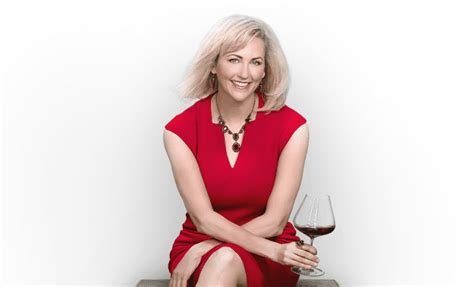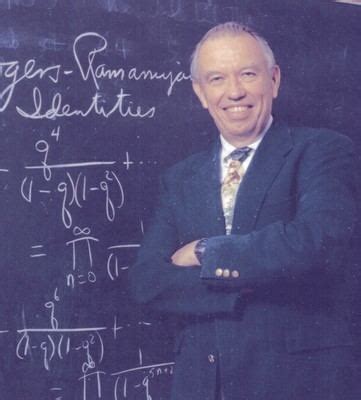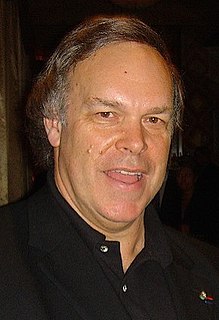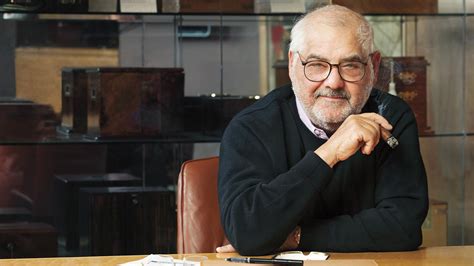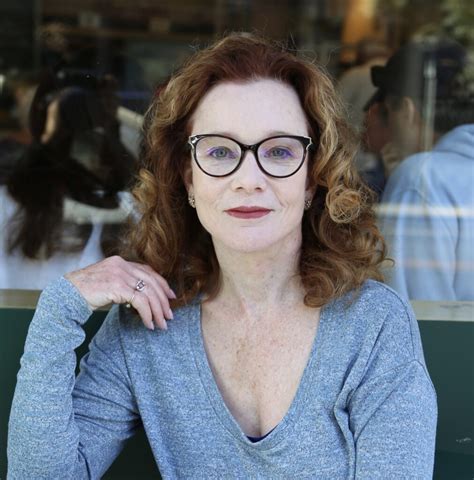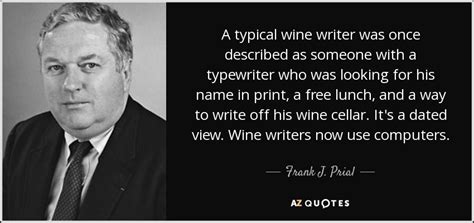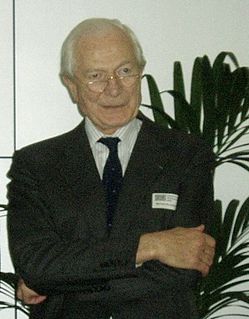A Quote by Natalie MacLean
It is especially taboo for a wine writer to admit that he or she likes the buzz. But wine is a full sensory experience. It's not just tasting notes.
Related Quotes
I had a little epiphany when I was a writer at 'Chicago' magazine. I sat down to dinner at the Ritz-Carlton. Somebody poured a white dessert wine with chocolate cake. It was a wine I would never have expected to make sense. The idea of any wine tasting fabulous with chocolate cake was fascinating to me.
Scores do not reveal the most important facts about a wine. The written commentary (tasting notes) that accompanies the ratings is a better source of information than any score regarding the wine's style and personality, its quality level relative to its peers, and its relative value and aging potential.
One of the most insidious myths in American wine culture is that a wine is good if you like it. Liking a wine has nothing to do with whether it is good. Liking a wine has to do with liking that wine, period. Wine requires two assessments: one subjective, the other objective. In this it is like literature. You may not like reading Shakespeare but agree that Shakespeare was a great writer nonetheless.
Time for Wine Tasting 101. “So here’s how this works. When tasting a wine, as opposed to casual drinking, there are four basic steps you need to remember: sight, smell, taste, then spit or swallow.” Nick paused at that last part and cocked his head. “And your personal preference on the latter would be…?” “Only lightweights spit.” His right eye twitched.
You do not need to be an expert, or even particularly interested in wine, in order to enjoy drinking it. But tasting is not the same as drinking. Drinking pleases, mellows, loosens the tongue and inhibitions; drinking wine with food is healthy and natural; drinking good wine with good food in good company is one of life's most civilized pleasures.
